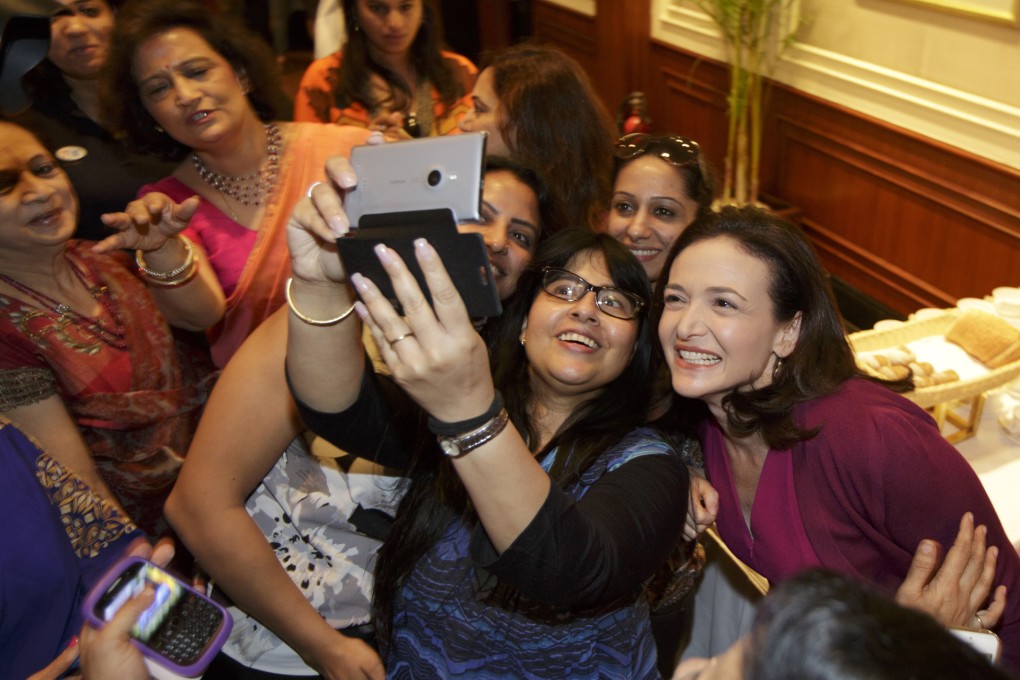Opinion | Happy or sad, be careful what you post on Facebook
Alice Wu says the violation of privacy that permitted the Facebook study on 'emotional contagion' must not be condoned

We chuckled when US President Barack Obama warned 30-plus high school students in 2009 to "be careful what you post on Facebook". But we're not laughing now, after researchers affiliated with Facebook, Cornell University and the University of California published their joint study on online "emotional contagion" in the Proceedings of the National Academy of Sciences journal, sparking a global outcry.
It's no longer that our Facebook posts can land us in trouble; we've seen more than enough of that, not least the way it has encouraged cyberbullying. Now, we have to worry about our social media posts becoming potential material, and ourselves subjects, for human thought experiments.
What the researchers found wasn't exactly groundbreaking: that seeing friends' posts has an emotional effect on us, that the happier our friends' posts are, the happier we are.
Most of us already know this phenomenon from everyday life. When feeling down, most of us tend to try to stay away from those who emit "negative" energy - in other words, we tend not to seek out the pessimists in our lives. As social beings, we are susceptible to the influence of others. To see that extending into our online life doesn't take that big a stretch of the imagination.
The reason why Facebook, two top-notch universities and a prestigious scientific journal are now in trouble is, of course, how they went about conducting this otherwise no-brainer study. For a week in January 2012, some 700,000 people, without giving their consent, had their Facebook news feeds manipulated. Then they were studied to see whether their status updates were influenced by the filtered information.
So we've been told that, in the interest of science, almost 700,000 people's lives were made worse or better, and their moods altered deliberately. It's very much like playing God, which, naturally, makes the backlash very deserving indeed.
